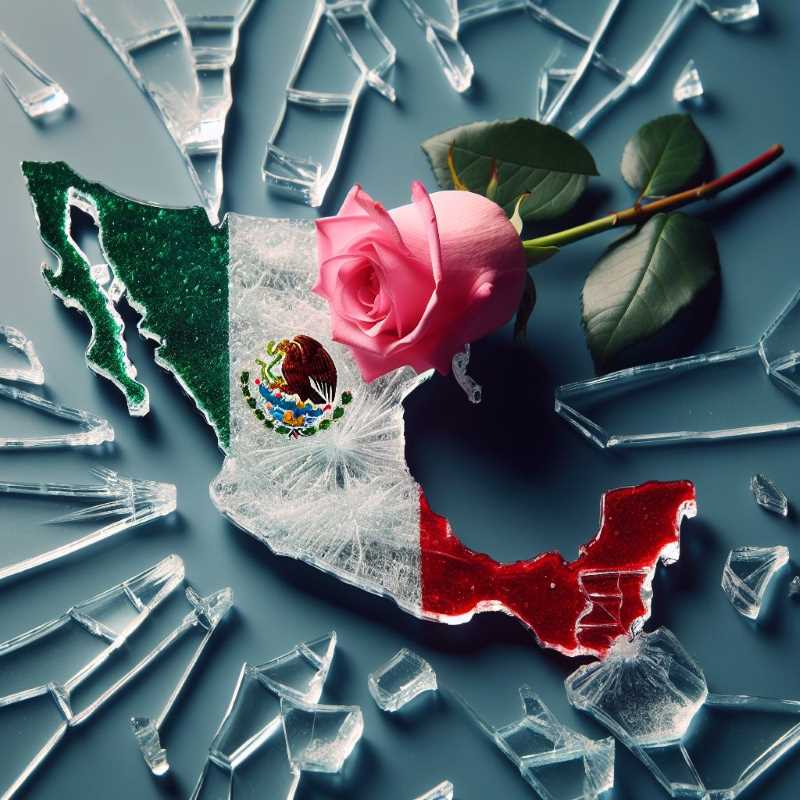Women, Violence, and the 2024 Mexican Elections
Mexico's 2024 elections promise historic gains for women in politics. Parity laws and inclusion efforts are changing the landscape. Yet, increased risks of gender-based political violence threaten this progress.

Mexico marches towards the 2024 elections. It's a familiar path, yet the road signs are new, hinting at an uncharted vista of gender representation in politics. The Center for Studies for the Achievement of Gender Equality (CELIG), a think-tank that sits in the Chamber of Deputies, has released a provocative piece of research: “Women towards the 2024 elections.” Through it, a fascinating mosaic of progress and challenges emerges.
Mexico has a habit of making headlines with its 'largest elections in history' narrative. 2018 and 2021 were landmark years, boasting a record number of positions up for grabs. But there's a crucial element defining these milestones. The principle of 'total parity' in candidacies propelled a surge in female representation. More women than ever before vied for elected positions, and more women won seats of power. It's a testament to a nation striving to redefine how its political fabric is made up.




